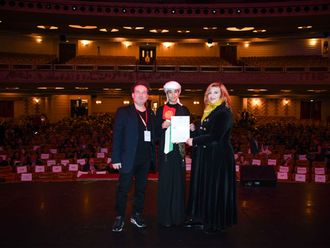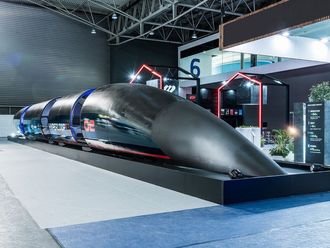American soldiers who are training their Filipino counterparts to fight the hostage-taking Abu Sayyaf could retaliate and use their combat skills if they are attacked, a spokesman said.
The U.S. troops are "authorised to defend themselves if the situation so warrants", said Armed Forces spokesperson Brig. Gen. Edilberto Adan in a television interview.
But the Philippines military should be alert enough to provide security to the visiting Americans whose primary assignment is to advise and train Filipino troops battling the Abu Sayyaf that still holds two American missionaries and a Filipina nurse in Basilan, Adan said.
"(They are) not here to engage unilaterally in combat operations," Adan reiterated, adding the American soldiers would report to a Filipino commander in the southern command.
The American soldiers will inevitably engage in actual combat, said Foreign Undersecretary Lauro Baja Jr., adding a memorandum of understanding is being negotiated between the Philippine and the U.S. armed forces on the mechanics for American involvement in the Abu Sayyaf operations in Basilan and Sulu.
The memorandum will draw the "terms of reference" for the deployment of the U.S. soldiers In Mindanao.
The American soldiers will be allowed to stay up three to four kilometres away from the battle zone, said Southern Command chief Lt Gen. Roy Cimatu.
Cimatu earlier said there "may be some instances" when the American soldiers will be "in effect participating in the operations as trainers".
There are cases in the military operations where the mechanics drawn on paper may no longer be applicable and both the Philippines and the U.S. acknowledged this reality, Cimatu had argued.
"No matter how neat your agreement for terms of reference, if you are in the field of operations, you cannot precisely determine whether you are within or without terms of reference agreed upon. That happens in any field of operation. You can't strictly go by what is written in the agreement and that is agreed between any parties," he explained.
Asked if the U.S. is aware that the American soldiers could engage in actual combat, the DFA official replied: "I'm sure they will not be naive that they don't expect to get involved even indirectly. If you give advice or training in the field of operation, then one way or the other you may have to be sucked into the operations."
If this scenario happens, then it will be the first time Filipino and American troops fight side-by-side in the Philippines since World War II.
Armed Forces chief Gen. Diomedio Villanueva said this access to the frontline "does not necessarily mean they will have direct contact with the enemy".
U.S. troops ready to fight Abu Sayyaf if needed
American soldiers who are training their Filipino counterparts to fight the hostage-taking Abu Sayyaf could retaliate and use their combat skills if they are attacked, a spokesman said.












